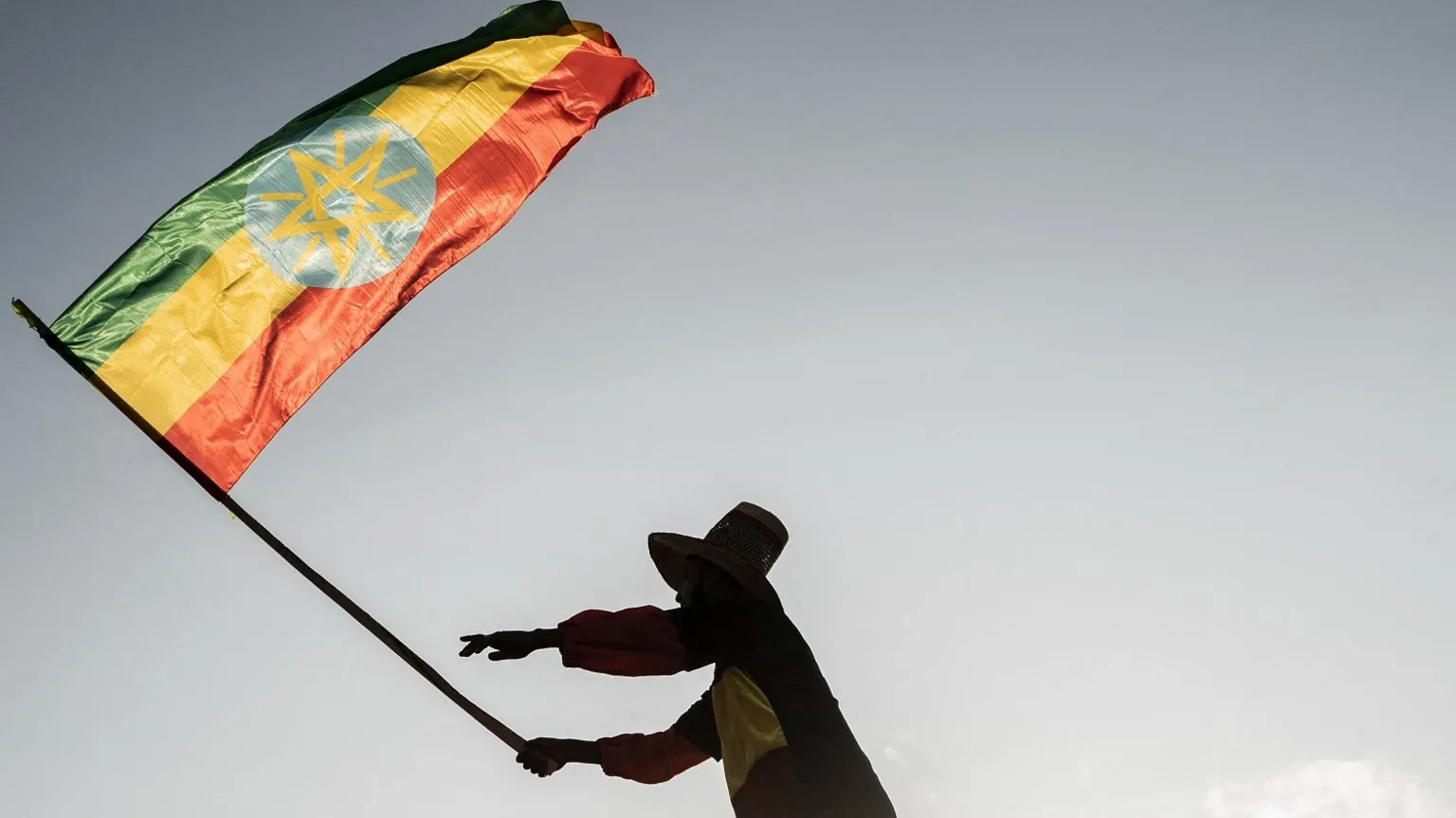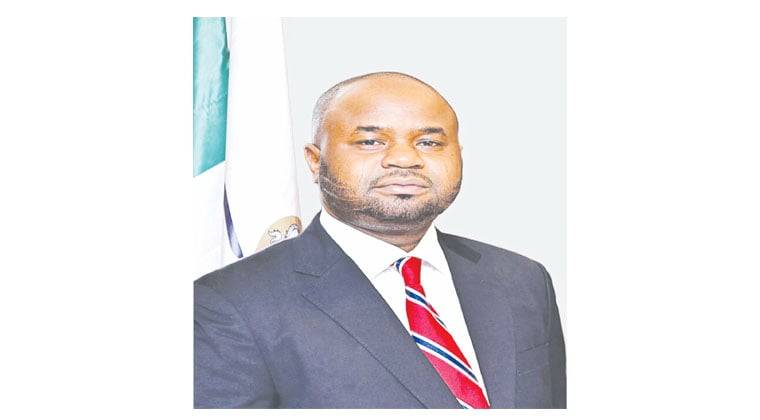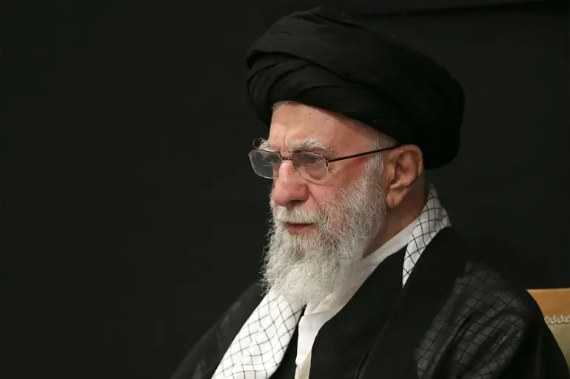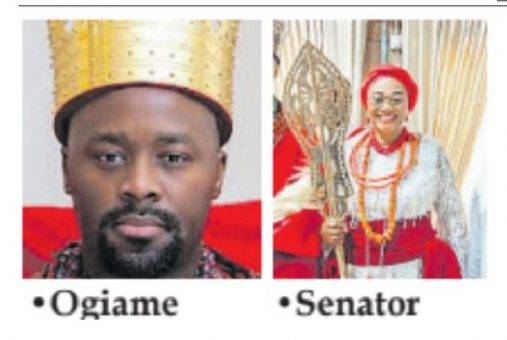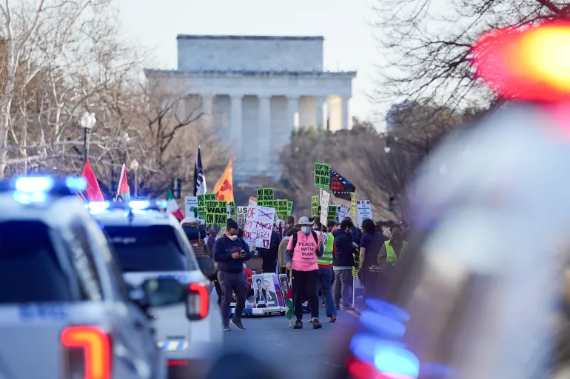Statistics presented by the Director General of the National Orientation Agency (NOA), Lanre Issa-Onilu, were intended to reassure Nigerians that the Federal Government was not only dealing with the country’s insecurity burden but was also winning the fight. However, the reality belies the statistics.
Speaking at a joint security press briefing in Abuja, on August 4, he gave an account of 326 police operations carried out in the previous month, saying, “2,901 arrests were made, 175 kidnap victims were rescued, 78 terrorists were neutralised, and six arms trafficking rings were dismantled.”
The NOA boss also said the Federal Government “has escalated security operations nationwide, merging tactical enforcements with intelligence-led interventions,” adding, “Banditry, insurgency, trafficking, and other crimes are being tackled through seamless interagency cooperation, resulting in major arrests, rescues, and asset seizures.”
According to him, “From the northeast to the Niger Delta, our security forces are reclaiming the peace, one operation at a time. Nigeria is fighting back. Decisively and collaboratively, we are taking back our country from people who are involved in these nefarious activities. “
In an ironic coincidence, two days after this effort to reassure Nigerians troubled by insecurity in the country, a report published in Daily Trust said bandits had kidnapped 150 people in attacks on several communities in Zamfara State over a period of four days. The spokesperson for the state government, Mahmud Mohammed Dantawasa, was said to have confirmed the attacks to the BBC. The affected villages included “Sabon Garin Damri and Dakko Butsa (which borders Sokoto), as well as Tungar Abdu Dogo, Tungar Sarkin Daji, Sadeda, and Tungar Labi,” the report said.
The disconnection between the NOA’s positivity and the negative experiences of kidnap victims and their families is disturbingly obvious.
Another recent instance of kidnapping for ransom gave the lie to the NOA’s inventive claims on improved security. Six Nigerian Law School (NLS) students travelling in a public vehicle from Onitsha, Anambra State, to resume studies at NLS Yola campus in Adamawa State, were kidnapped on July 26. Five of them regained freedom on July 31 after paying a ransom of N10 million each, according to one of the victims, David Obiora. He said one of them was “released earlier” without paying a ransom: the kidnappers said “he looked like a minor because of his baby face.”
Obiora gave a gripping account in an interview with Vanguard: “We were six law students on the bus with the driver, three other passengers heading to Cameroon, and a woman, who works in Anambra State, who was going on holiday to Yola.
“We were kidnapped about 9pm on July 26. The incident happened between Zakibiam and Mukari, near a town called Jootar. We were taken 20 kilometres into the bush by about 10 armed men, four wielding AK-47 rifles, the others with machetes and daggers.
“They drove the bus deep into the bush until it got stuck. They then called for reinforcement and more members arrived on motorcycles.
“We were moved deeper into the forest before arriving at a halt, where we met four other victims, a non-teaching staff member of Federal University Wukari, a youth corps member named Dauda Wisdom, a pastor, who had just undergone surgery in Benue State, and another unidentified man.
“We were held for six days before we were released after each of us paid N10 million in ransom.
“Let the record be clear, the Nigeria Police did not rescue us. The Law School did not rescue us. The Council of Legal Education did not rescue us. We were released after our families and friends raised and paid the ransom.”
He said: “I thought we would be killed, but they assured us they wouldn’t kill us.
“When we met the earlier abductees, they had been there for 22 days and also confirmed the captors didn’t kill.
“That was when my mind calmed down. The conditions were terrible.”
After they were released, they trekked for hours through the bush from Benue to Taraba, he said. They eventually got a public vehicle to take them to Yola.
Significantly, his account contradicted the statement issued by Benue Police Command spokesperson Udeme Edet, who said the police had “successfully rescued” six law students and they had been “safely released and united with their families” on the morning of August 1. The statement added: “Police authorities confirmed the rescue, assuring the public of their commitment to ensuring the safety of lives and property.”
Rescue or ransom payment? This question comes up regularly regarding the resolution of kidnap cases in the country. Official narratives claiming kidnap victims were “rescued” by security personnel are often not credible.
Against this background, the NOA’s claim that “175 kidnap victims were rescued” in July is unconvincing, especially because it was not supported with evidentiary details. Also, the claim that “our security forces are reclaiming the peace” is far-fetched in the light of ongoing insecurity.
It is unclear how much impact has been made by the Special Intervention Squad inaugurated by the Inspector-General of Police, Kayode Egbetokun, last year. He said it was created “to confront the most formidable challenges that beset our nation today — challenges like kidnapping, banditry, and other violent crimes that have sown discord and fear across various regions.” Egbetokun also said the officers had been trained for “advanced tactical operations, intelligence gathering, crisis negotiation, and community engagement,” among others, and described their work as a “critical national assignment.”
Interestingly, Issa-Onilu was reported saying the joint security press briefing will now be done monthly. In that case, the agency must ensure that it improves on the last one. It is not enough to reel out unsubstantiated statistics to arrive at undemonstrable conclusions.
The gravity of the country’s security crisis certainly demands more than official statements designed to reassure Nigerians about the government’s efforts. It’s not about claimed efforts but about results that are obvious and undeniable.
Established in 1993, NOA has the responsibility of “communicating government policy, promoting patriotism and providing a feedback channel on the mood/pulse of the Nigerian society to the government.” It should, therefore, let the government know that Nigerians are unimpressed by the official statistics on the fight against insecurity, which do not match the observable reality.




